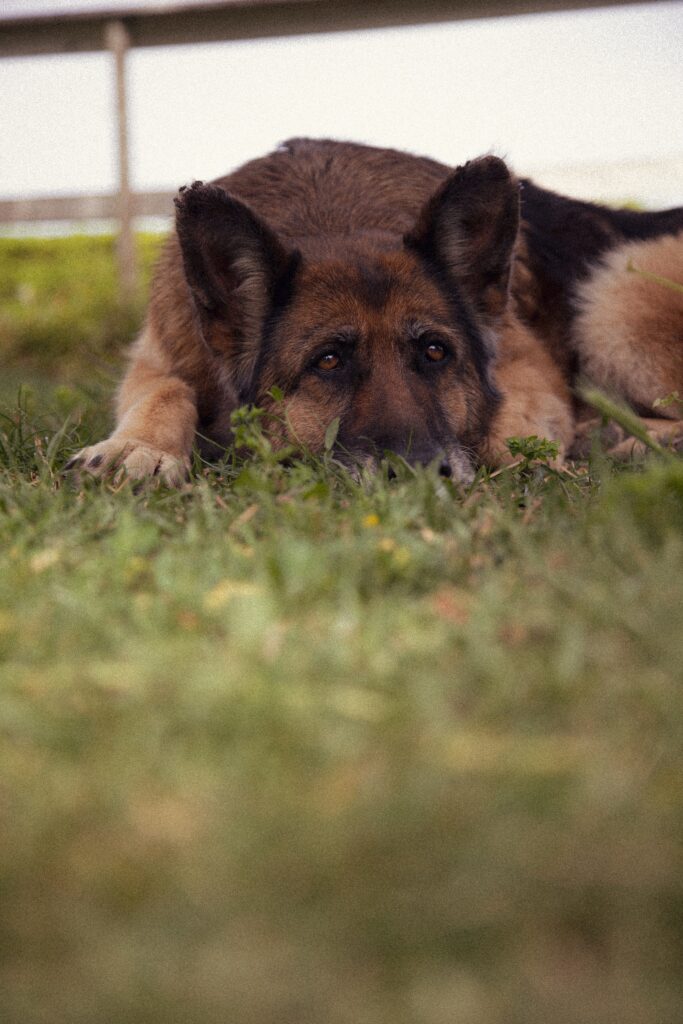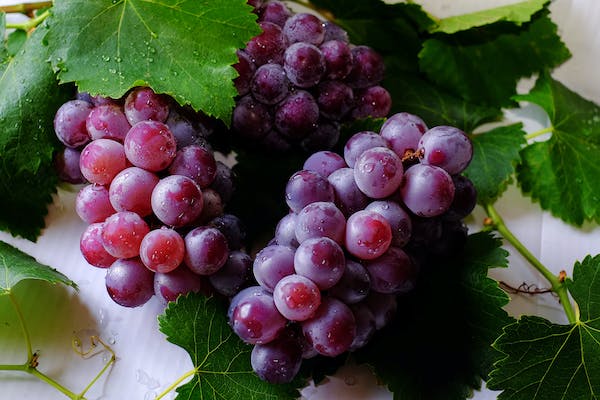
Grapes and raisins are two of the most common fruits that are toxic to dogs. Even a small amount of grapes or raisins can cause serious health problems, including acute kidney failure and even death.
What Makes Grapes and Raisins Toxic to Dogs?

The exact toxin or toxins in grapes and raisins that cause toxicity in dogs is unknown. However, researchers believe that it may be a combination of factors, including the type of sugar in grapes, the presence of toxins in the skin or seeds, or a reaction to the high levels of potassium in grapes.
Symptoms of Grape or Raisin Toxicity in Dogs
The symptoms of grape or raisin toxicity in dogs can vary depending on the amount of grapes or raisins ingested and the individual dog’s sensitivity. However, some common symptoms include:
- Vomiting
- Diarrhea
- Lethargy
- Increased thirst
- Decreased urination
- Seizures
- Coma
If You Think Your Dog Has Eaten Grapes or Raisins

If you think your dog has eaten grapes or raisins, it is important to seek veterinary attention immediately. There is no specific antidote for grape or raisin toxicity, but your veterinarian may be able to induce vomiting or give your dog activated charcoal to help absorb the toxins. In some cases, your dog may need to be hospitalized for treatment with fluids and medications.
Preventing Grape or Raisin Toxicity in Dogs
The best way to prevent grape or raisin toxicity in dogs is to keep them away from these fruits altogether. Do not give your dog grapes or raisins as treats, and do not allow them to eat food that contains grapes or raisins, such as trail mix or baked goods. If you have grapes or raisins in your home, keep them in a secure place where your dog cannot reach them.
Conclusion
Grapes and raisins are a common cause of poisoning in dogs. Even a small amount of these fruits can cause serious health problems, including acute kidney failure and death. If you think your dog has eaten grapes or raisins, it is important to seek veterinary attention immediately. There is no specific antidote for grape or raisin toxicity, but your veterinarian may be able to save your dog’s life with prompt treatment.
Here are some additional tips to help keep your dog safe from grape and raisin toxicity:
- Read food labels carefully and avoid products that contain grapes or raisins.
- Inspect your dog’s food and treats before giving them to him or her.
- Keep grapes and raisins out of reach of your dog.
- If you have grapes or raisins in your home, store them in a secure container.
- Teach your children not to give grapes or raisins to dogs.
By following these tips, you can help keep your dog safe from the dangers of grape and raisin toxicity.